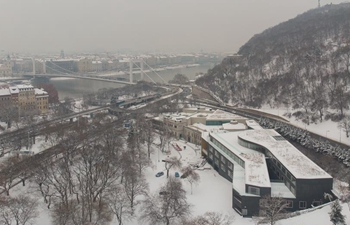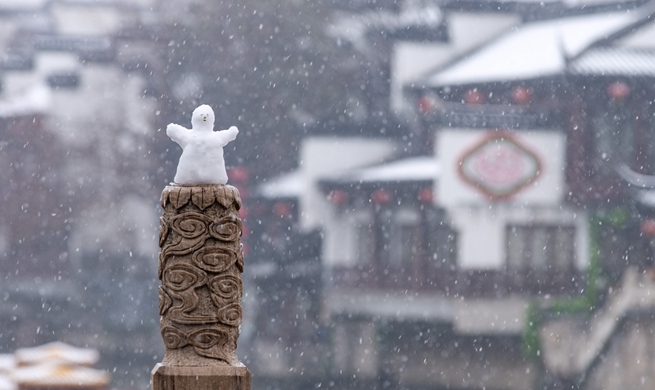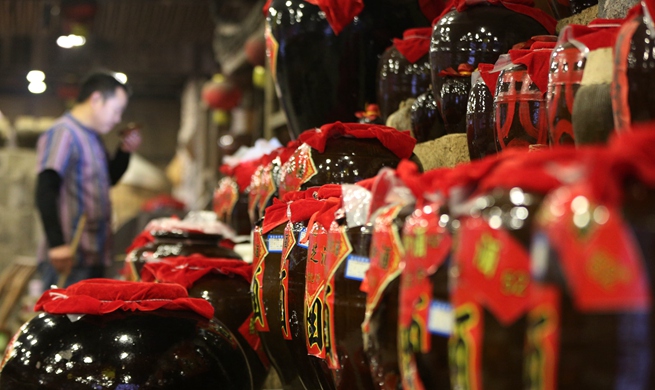CHICAGO, Jan. 9 (Xinhua) -- A study of Northwestern University (NU) has found that harsh conditions in the International Space Station (ISS) is not causing bacteria to mutate into dangerous, antibiotic-resistant superbugs, the bacteria are instead simply responding, and perhaps evolving to survive in a stressful environment.
The National Center for Biotechnology Information maintains a publicly available database containing the genomic analyses of many of bacteria isolated from the ISS. NU researchers used this data to compare the strains of Staphylococcus aureus and Bacillus cereus on the ISS to those on Earth.
Found on human skin, S. aureus contains the tough-to-treat MRSA strain, while B. cereus lives in soil and has fewer implications for human health.
To adapt to living on surfaces, the bacteria containing advantageous genes are selected for or they mutate. For those living on the ISS, these genes potentially helped the bacteria respond to stress, so they could eat, grow and function in a harsh environment.
"Based on genomic analysis, it looks like bacteria are adapting to live, not evolving to cause disease," said Ryan Blaustein, a postdoctoral fellow and the study's first author. "We didn't see anything special about antibiotic resistance or virulence in the space station's bacteria."
This is good news for astronauts and potential space tourists, but the researchers also pointed out that unhealthy people can still spread illness on space stations and space shuttles.
The study was published on Jan. 8 in the journal mSystems.

















